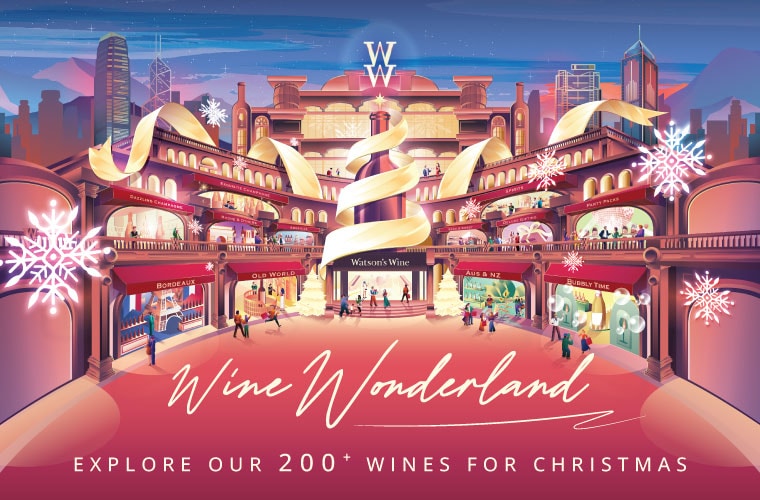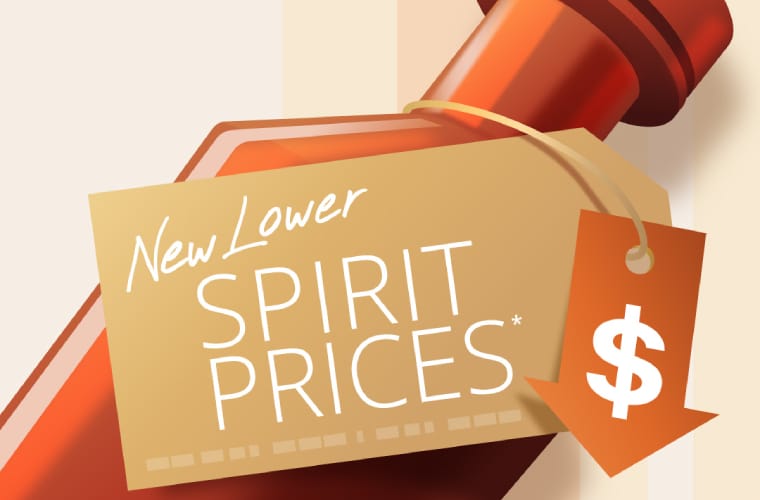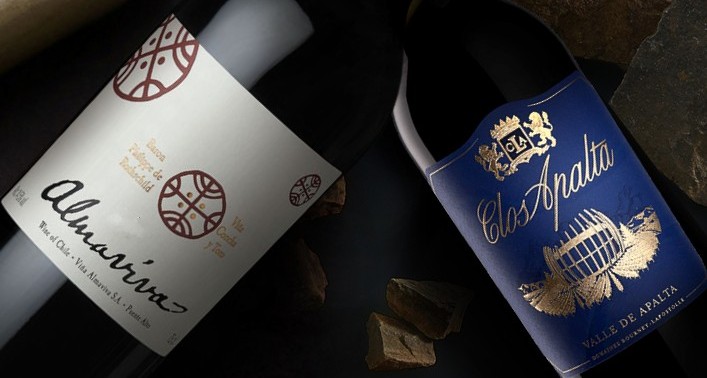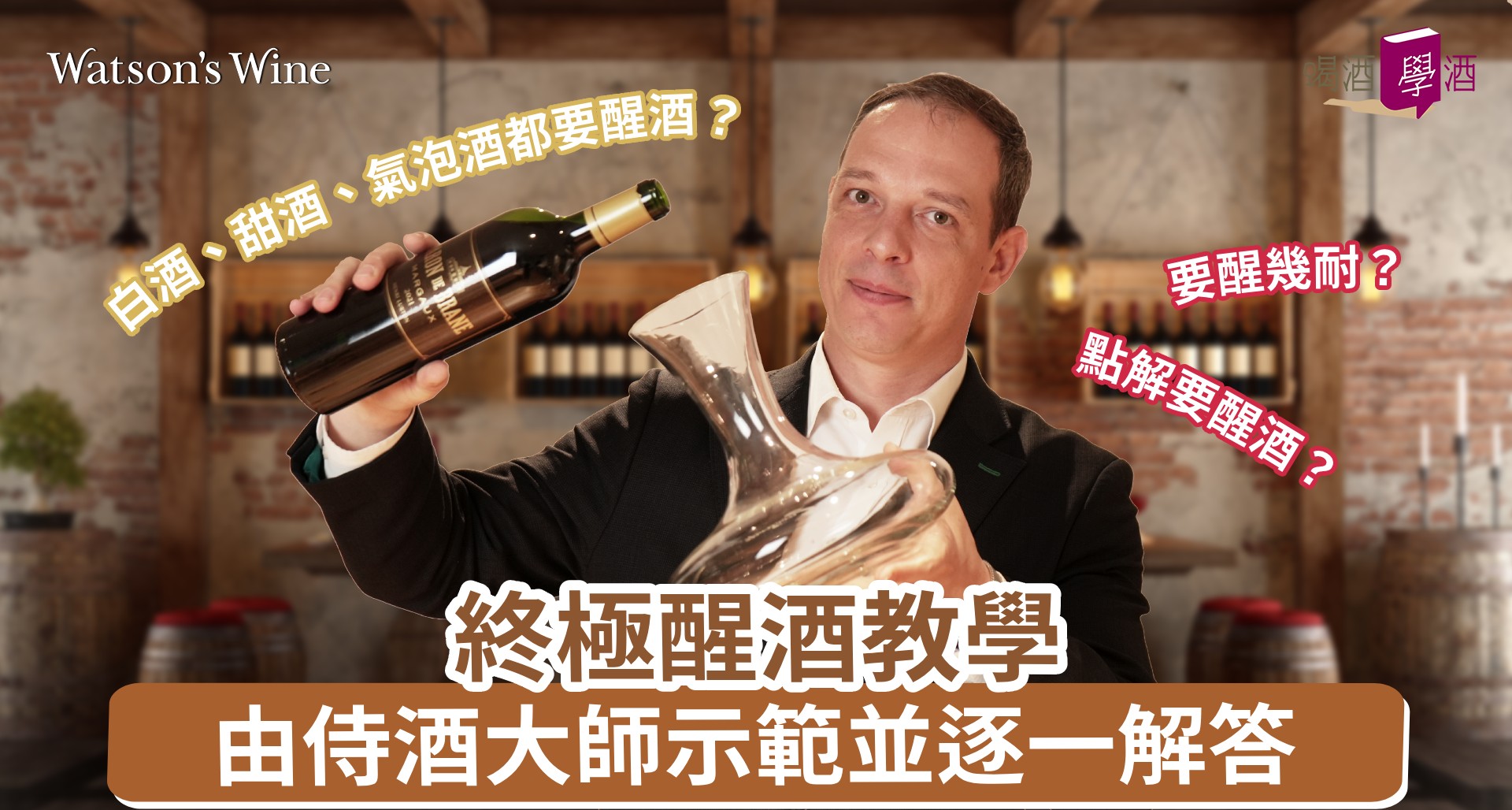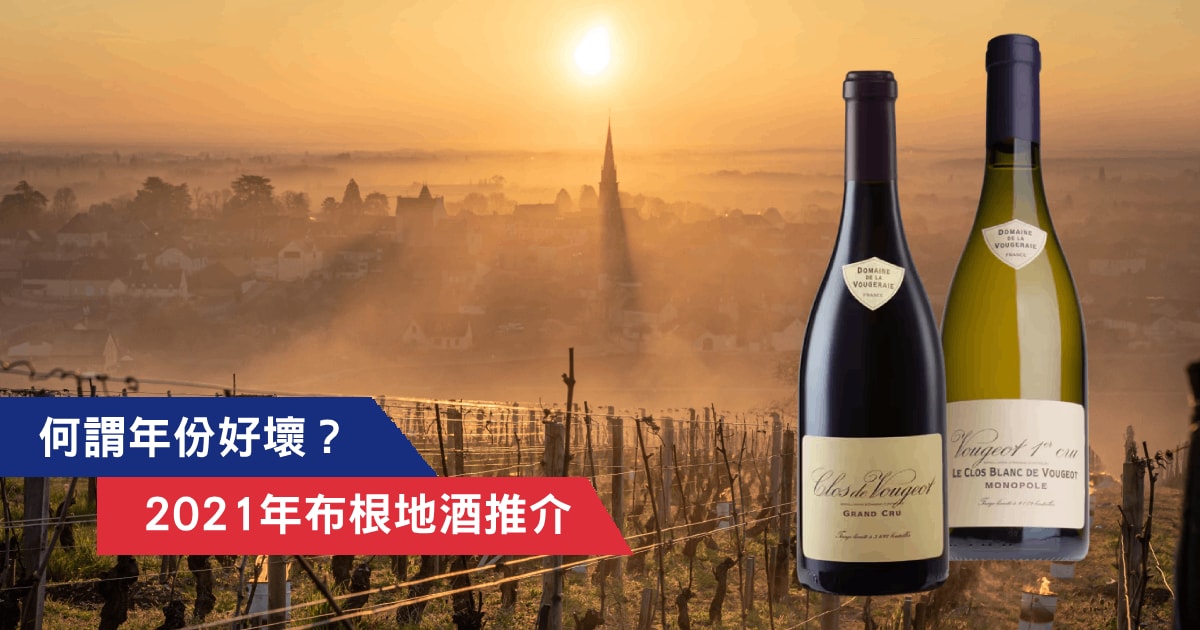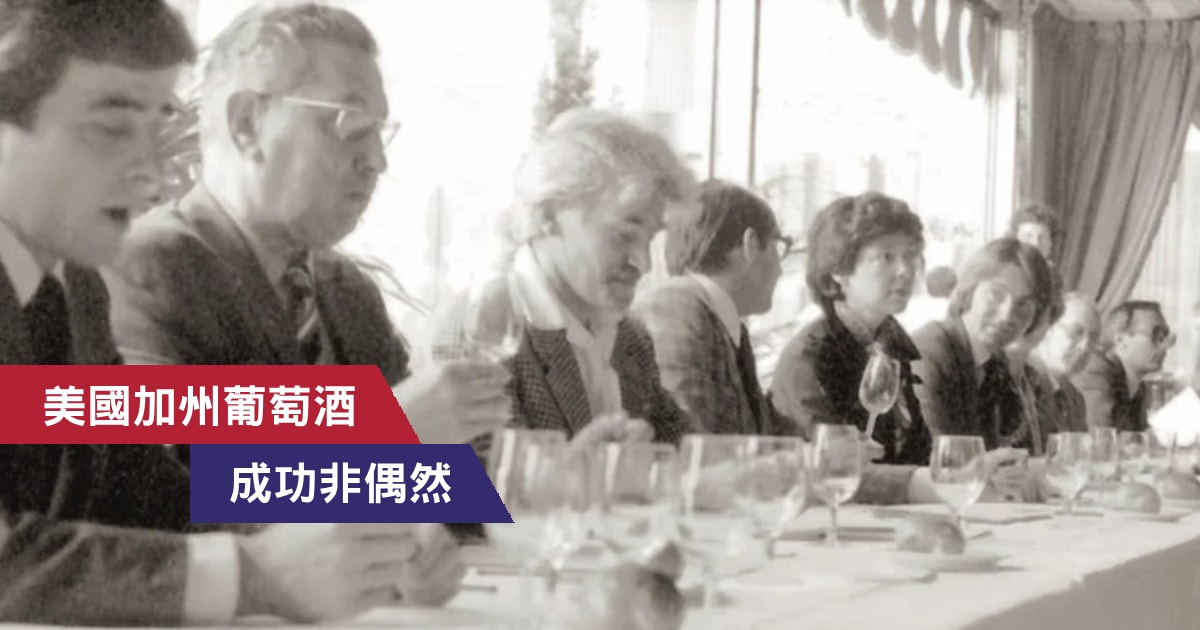| By guest blogger Matt Sir Facebook: MattSirHongKong、Instagram @MattSirHongKong |
Matt Sir has been devoted to wine education and has extensive experience in teaching WSET wine and sake courses. He is one of the most popular WSET tutors in Hong Kong and has been cultivating new tutors in recent years. Matt put emphasis on tasting and good at using it as a mean to translate theories. In addition to having qualifications such as WSET Level 4, WSET Sake Level 3, WSET Wine & Sake Certified Educator, French Wine Scholar, Certified Sommelier, Certified Specialist of Wine, and International Wine Master, Matt is also a candidate for the Master of Wine (MW) and has participated in IWSC (International Wine & Spirit Competition) as a judge.
From WSET classes at all levels to dinner parties and gatherings, beginner wines to fine wines, blind tasting has been part of my life. For me, blind tasting is essential for mastering wine tasting. While most people perceive that it’s important to identify the wine correctly, one should actually focus on the process.
Don’t be a “Label Drinker”
Imagine presenting two bottles of wine in a blind manner to non-wine drinkers, one selling at less than a hundred while the other one is a fine wine, I believe most people would prefer the one that is more fruit-forward and without much tannin. However, if you show them the price differences, their perception will change, and take the more expensive one as the better one. It’s normal that we hold prejudice to certain wine regions and grape varieties, but with blind tasting, it removes bias and any preconceived notions so you can truly taste the wine. Looking at the labels may make the wine more enjoyable, and this is especially true for fine wines. But don’t be a “label drinker” if you want to be a professional wine taster! You will learn to appreciate wines at different price points and what’s worth. Your experience will tell.

Not by Sheer Guess
Different wine exams have its own requirements for blind tasting, but let’s not focus on that here. For those who would like to improve their skills in wine tasting and wine knowledge, the evaluation process is far more important than making the correct identification. For instance, when blind tasting a bottle of white wine with some level of sweetness, even beginners could easily make the right guess of Riesling simply by past experience. But as your experience build up, you would know that the answer could go beyond Riesling, and there are a lot more to consider. If one is getting the answer just by sheer guess and without analyzing the wine, you will never find blind tasting as rewarding as it should be.
Professional VS Master of Blind Tasting
Professional blind tasters tend to observe and assess the characteristics of the wine and its winemaking technique in order to identify its grape variety, wine region, vintage and such. But masters are keen to analyse with concrete reasoning to evaluate wine accurately, further taking vintage variation, certain winery style and wine-making trends into consideration. Dog Point Section 94, Denton Yarra Valley Range, and Frank Cornelissen Susucaru Rosato are some of those wines you need to think out of the box. To correctly identify the above, a veteran would need to be familiar with the latest trends and knowledge of the industry, on top of rich wine tasting experience.
Tips on Blind Tasting
Beginners should put emphasis on identifying grapes varieties. Zuccardi Jose Malbec, Clau de Nell Cabernet Franc, and Montes Alpha Carmenere are some of those wines with distinctive characteristics and allow beginners to identify their grape varieties easier.
If you have some experience with blind tasting, level up your training by comparing terroirs, winemaking techniques and regional characteristics. Try comparing Le Domaine Montirius Vacqueyras Le Clos with d’Arenberg Ironstone Pressings GSM, or Pegasus Bay Sauvignon Semillon with any white from Pessac Leognan.
Experienced wine tasters may focus on identifying unconventional and less-typical wines, for instance, Ochota Barrels from Australia and Betz from the U.S., to learn more about the diversity of each wine region.


 Same Day Pick-up
Same Day Pick-up